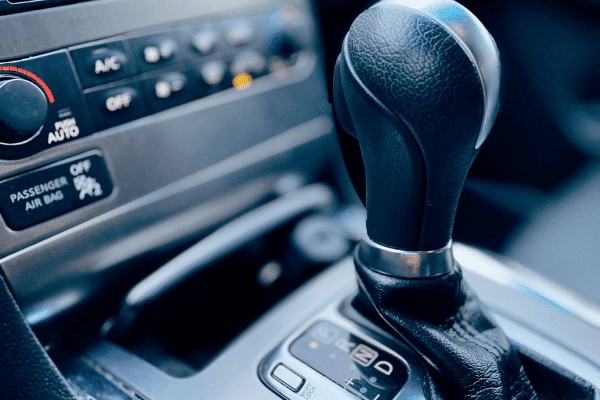Premium vs. Regular Gas: What Does My Car Actually Need?
We’ve all heard the saying, “You get what you pay for,” so we may think that means we need to buy the most expensive gas available, so our cars run at their best. But, your car doesn’t necessarily need premium gas, so finding out for sure can save you money, particularly if gas prices are already high.
If you’ve ever wondered, “Will using premium gas make my car run better,” read on to learn when you need it and when you don’t so you can start saving at the pump.
What’s Makes Premium Gas Different?
As a driver, you know that there are 3 main gasoline types with varying octane levels available at the gas station.
- Regular with 87 octane
- Midgrade with around 89 octane
- Premium with 91 or 93
Octane is related to preignition, caused by uncontrolled fuel combustion when the engine’s fuel-air mixture ignites early. This creates a knocking sound and can also severely damage the engine. Octane measures how well the car’s gas can resist preignition as well as its anti-knock or anti-ping properties, so the higher the octane count, the less likely the gas will detonate. The octane content is a major reason why drivers choose premium gas.

Choosing the Right Gas for Your Car
Back in the day, drivers used premium gas to clean out their engines due to the high detergent and additive content that stops carbon deposit buildup. But today’s cars are so technologically advanced that unless the car’s manual states that it requires premium gas, the vehicle can run on regular gas without causing engine damage.
The most attuned driver may notice a slight impact on the car’s performance, but the average driver won’t. And, with recent government regulations to curb emissions, most gasoline brands contain additives at all grades to protect engines and decrease pollution.
Premium Gas
If your car’s owner’s manual states that premium fuel is required or that your vehicle needs 91 or 93 octane, you need to use premium. Similarly, if your car is a high-performance vehicle or has a smaller turbocharged engine, you should consider using premium gas. Your car may still run on regular, but you won’t get the same performance or fuel efficiency if you use a lower grade gas.
Regular Gas
If your car doesn’t ping or knock using regular, there’s no reason to use premium. Today’s engines adjust their timing and fuel mixture to compensate for differing octane levels to prevent these noises.
If your manual recommends 87 octane, you can safely use the lowest grade gas. There’s no reason to spend more on premium gas unless there is an ethanol content difference. Regular gas is sometimes up to 15% ethanol, while premium gas is often ethanol-free. This matters to drivers because ethanol is a less efficient fuel than gas. But, paying the extra money for ethanol-free premium gas often costs more than you would save with the minimal fuel economy difference.
City Auto Repair Provides Premium Service
Unless your owner’s manual tells you exactly what kind of gas your car needs, you can choose what you want to put in it, between regular, midgrade, or premium. Engines may indeed have better fuel economy and performance on premium gas, but using regular won’t hurt your engine or void your car’s warranty. If you’re still unsure, you can always try a few tanks of regular and premium to see how much the difference affects your fuel efficiency. Then you can make your own call about whether continuing to pay for premium when your car doesn’t necessarily need it is worth it.
At City Auto Repair, we’ve served Gainesville and the surrounding community for over 40 years. If you need guidance on the best gas for your vehicle, don’t hesitate to reach out to our knowledgeable and caring team to schedule an appointment. Contact us today to make sure your fuel choice is helping your car run at its best — and if possible, you’re saving money in the process.
